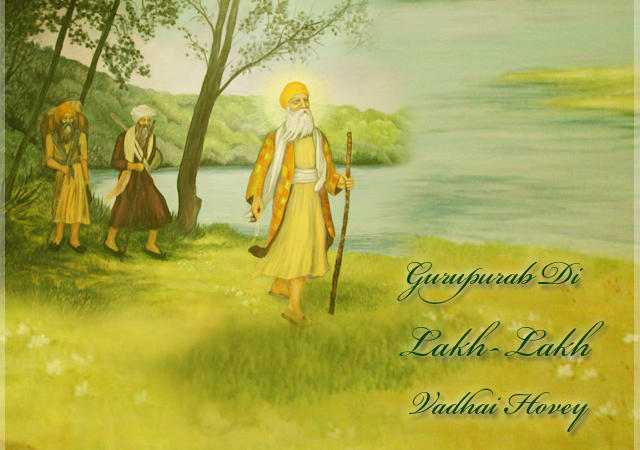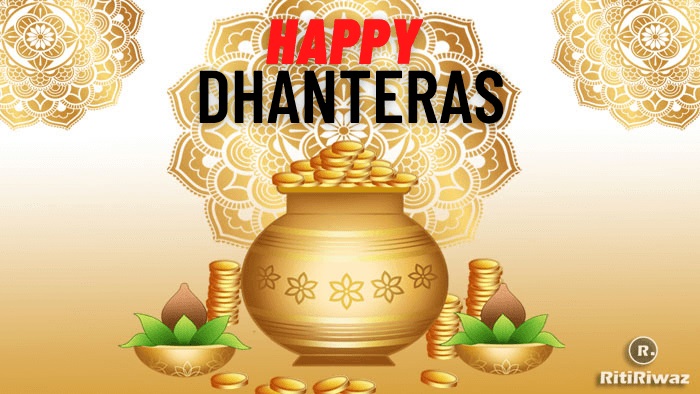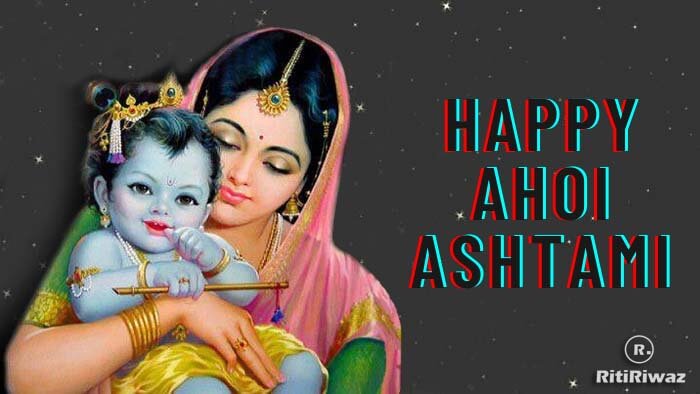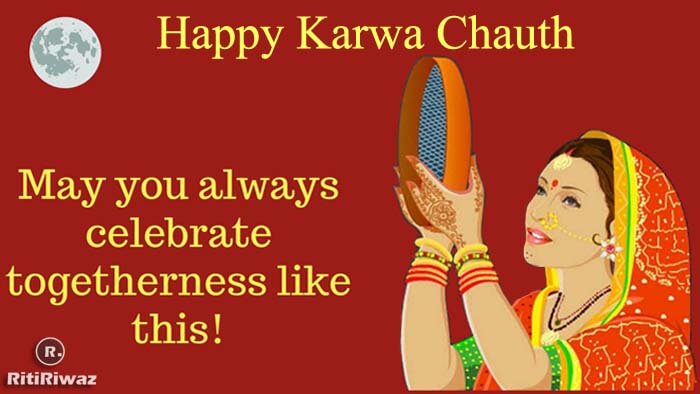Rishi Panchami

Rishi Panchami also known as Rushi Panchami, is observed in Bhadrapada Shukla Panchami, which falls one day after Ganesh Chaturthi and two days after Hartalika Teej. The three-day festival of Hartalika Teej ends on Rishi Panchami. On Ganesh Chaturthi Lord Ganesh arrived and will stay for 10 days and on the next day is the Rishi Panchami celebration.
This year the fast of Rishi Panchami will be observed on Wednesday, 20th September 2023.
On Rishi Panchami people fast for the seven sages to get their blessings and seek forgiveness for the mistake they have committed unknowingly. Listening to the Rishi Panchami Katha and worshipping the sages with complete rituals is of great importance. It is the fastest way to destroy one’s sins.
Significance
Rishi Panchami is dedicated to the Sapta Rishis (the seven sages Sanskrit: सप्तर्षि)— Kashyapa, Atri, Bharadwaja, Vishvamitra, Gautama Maharishi, Jamadagni, and Vashishtha. Lord Brahma created these rishis for promulgating training to human beings. People fast and worship the rishis to express respect, gratitude, and remembrance of the great deeds of those ancient Rishis, who devoted their lives to the welfare of society. It is said fasting on this day will help one to get rid of the mistakes they did unknowingly.
Kashyapa:
Kashyapa is the most ancient and venerated rishis, along with the other Saptarishis. He is the father of Adityas, Rudras, Vasus, Daityas, Maruts, and so on. A powerful rishi in his own right.
Atri:
Atri is a Vedic sage, who is credited with composing numerous hymns to Agni, Indra, and other Vedic deities of Hinduism. He is the one most mentioned in the scripture Rigveda.
Bharadwaja:
He was a renowned scholar, economist, grammarian, and physician. His contributions to ancient Indian literature, specifically the Rig Veda, provide significant insight into ancient Indian society. He and his family of students were the authors of the sixth book of the Rigveda. In the epic Mahabharata, Bharadwaja was the father of the teacher Guru Drona and the instructor to Pandava and Kaurava princes.
Vishvamitra:
Unlike others he was born a King, a Kshatriya after renouncing his kingdom and royal status, Brahmarishi Vishvamitra became the Rajarshi, or ‘royal sage’. According to Hindu tradition, he is stated to have written most of the Mandala 3 of the Rigveda, including the Gayatri Mantra. The Puranas mention that only 24 rishis since antiquity have understood the whole meaning of and thus wielded the whole power of the Gayatri Mantra. Vishvamitra is supposed to have been the first, and Yajnavalkya the last.
Gautama:
Gautama is prominently mentioned in the Ramayana and is known for cursing his wife Ahalya after she had a relationship with Indra. Another important story related to Gautama is about the creation of the river Godavari, which is also known as Gautami.
Jamadagni:
He is the father of Parashurama, the sixth incarnation of Vishnu. He was a descendant of the sage Bhrigu, one of the Prajapatis created by Brahma, the God of Creation. Jamadagni had five children with his wife Renuka, the youngest of whom was Parashurama, an avatar of Lord Vishnu. Jamadagni was well versed in the scriptures and weaponry without formal instruction.
Vasishtha:
Vashistha is credited as the chief author of Mandala 7 of the Rigveda. Vashishtha and his family have mentioned in Rigvedic verse 10.167.4 other Rigvedic mandalas and many Vedic texts. His ideas have been influential and he was called the first sage of the Vedanta school of Hindu philosophy by Adi Shankara.
Women offer prayer to seven sages by fasting and paying a visit to temples. Priests recited tales describing the significance of the day. The fast is observed on Rishi Panchami to get rid of the mistakes they did unknowingly.
Rishi Panchami Vrat Story
According to Brahma Purana once there was a king, he asked Brahma to tell him a way to get rid of all sinful karma. Then Brahma told him about Rishi Panchami and told him the story of a Brahmin.
The wife Susheela of a virtuous Brahmin in Vidarbha was a pious lady. The Brahmin had a son and a daughter. The virtuous Brahmin married off the daughter, but after a few years, she was widowed. The grieving Brahmin couple, along with their daughters, started living in huts on the banks of the Ganges.
One day the widow was sleeping when her body was filled with worms. The mother explained this to her husband and asked the reason behind it. The Brahmin then asked a sage who told them that the girl was a Brahmin in her previous life. She had touched the utensil during menstruation. Even in her present birth, she did not observe the fast of Rishi Panchami which is why she faced these consequences.
The sage told the Brahmin that if the girl keeps Rishi Panchami fast with full faith and devotion and seeks forgiveness for her sins, she will get rid of her past actions (karma) and become free of the worms on her body. The girl did as she was told and kept Rishi Panchami fast. Due to the effect of fasting, she was freed from all her sufferings.
Mantra to be chanted on this day
कश्यपोत्रिर्भरद्वाजो विश्वामित्रोय गौतम:।
जमदग्निर्वसिष्ठश्च सप्तैते ऋषय: स्मृता:।।
गृह्णन्त्वर्ध्य मया दत्तं तुष्टा भवत मे सदा।।
Suggested Read: Maharishi Valmiki Jayanti






